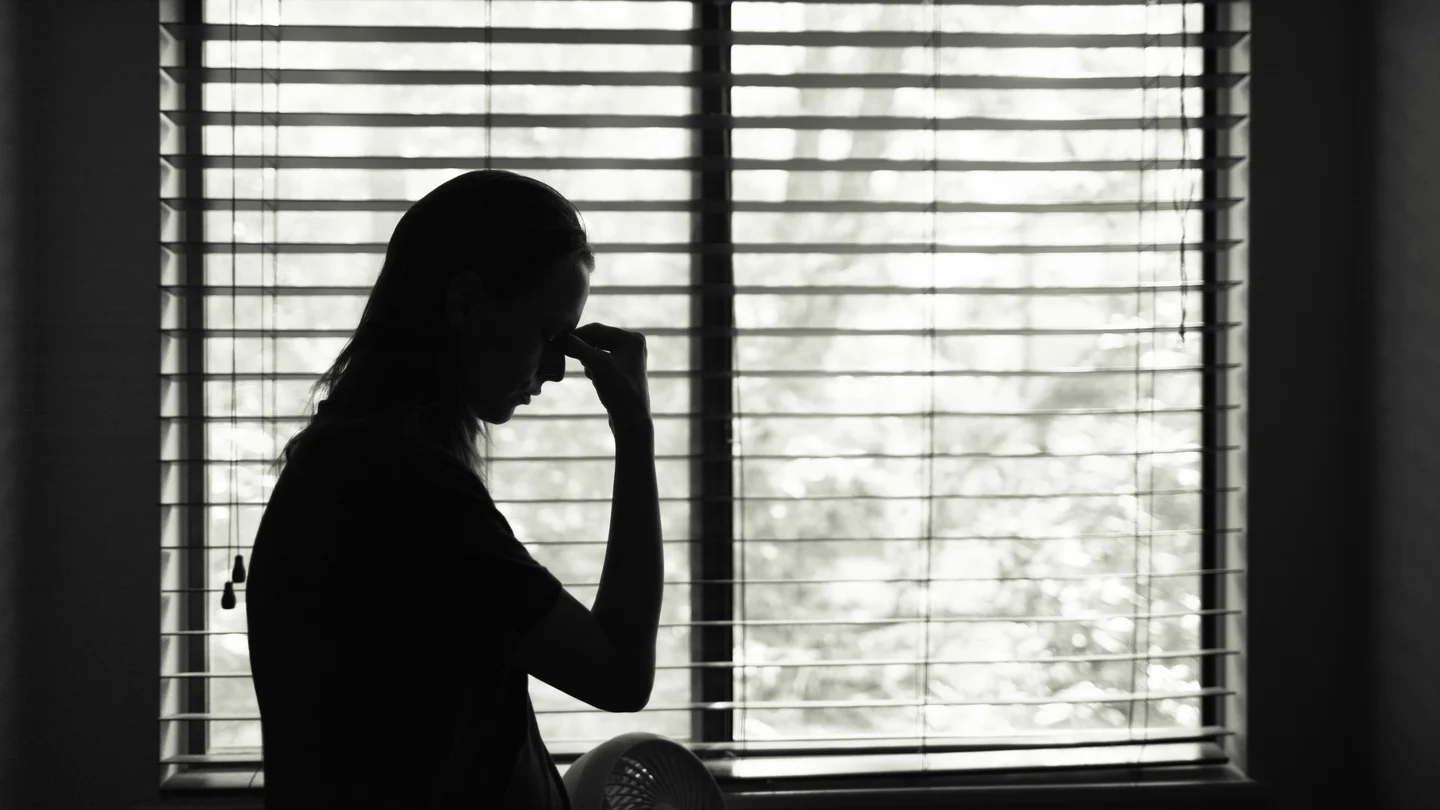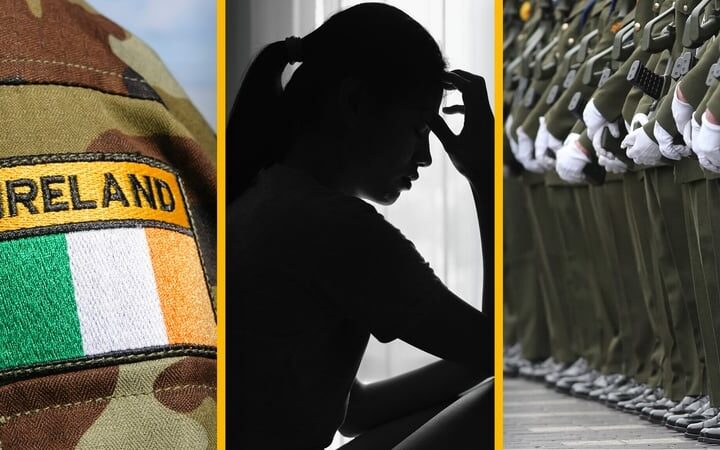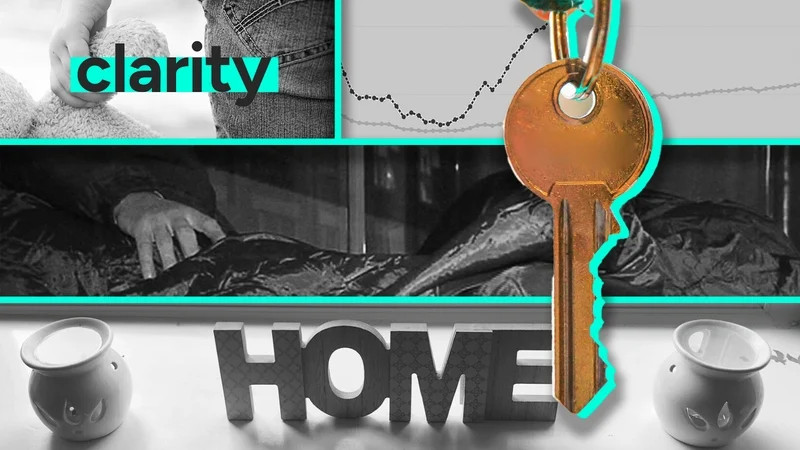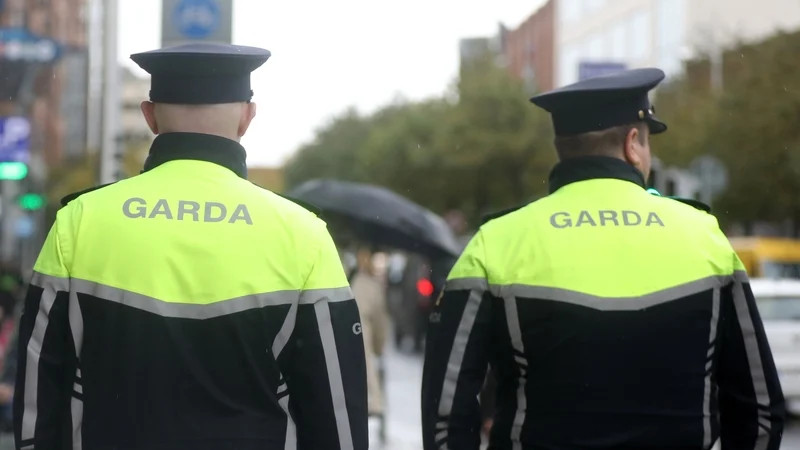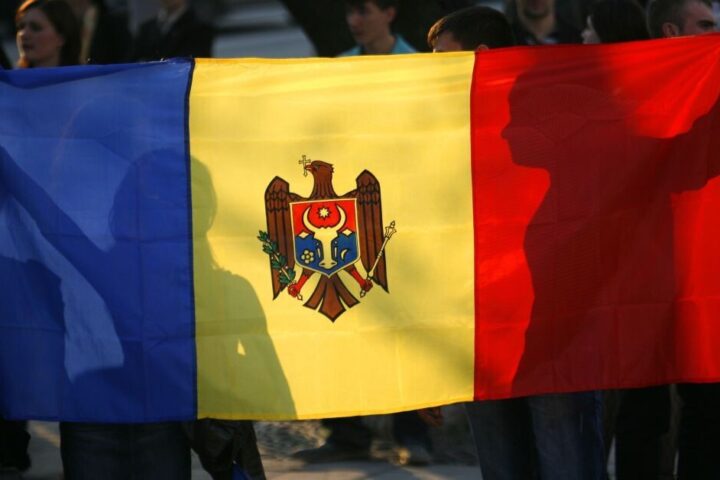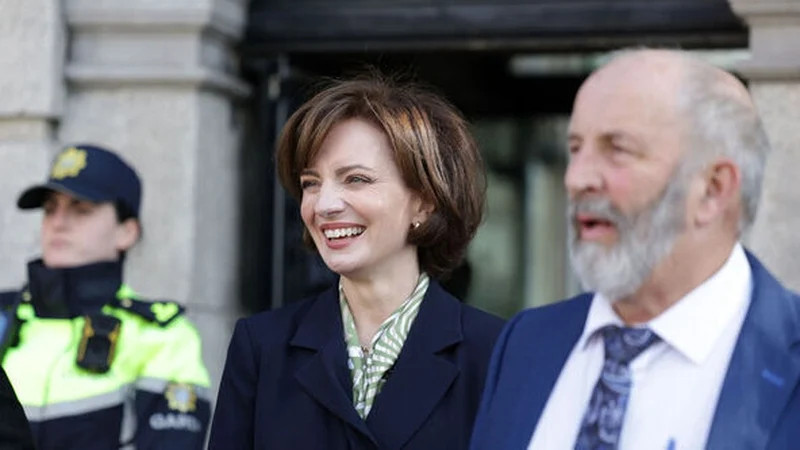Women’s Aid has said that 33% of women who contacted the domestic violence service last year, were subjected to abuse from their ex-partner.
According to the charity’s latest annual impact report, some of the abuse resulted in serious injury, miscarriages, poverty, suicidal ideation, hypervigilance and homelessness.
Women’s Aid has described the “broad and brutal pattern of abuse” by partners or ex-partners as “chilling”.
Overall, 32,144 contacted the service in 2024, which was a rise of 12% compared to the previous year and the highest in the organisation’s 50-year history.
The number of contacts through the National Freephone Helpline also increased by 17%.
Reports of all forms of abuse against women rose, including physical abuse (+22%), sexual abuse (+30%), emotional abuse (+15%) and economic abuse (+5%).
Women reported assaults with weapons, constant surveillance, monitoring, relentless put downs and humiliations, the taking and sharing of intimate images online, complete control over all family finances, sexual assault, rape and being threatened with their or their children’s lives.
In total, there were 41,432 disclosures of abuse against women and 5,333 disclosures of emotional, sexual and physical abuse of children.
The domestic violence charity has expressed concern about what it has described as “the inconsistent response” from members of An Garda Síochána.
A total of 2,722 women disclosed that they had contacted gardaí because of domestic abuse and while 56% found gardaí helpful, 44% found them unhelpful.
Women’s Aid CEO Sarah Benson has noted “a knowledge gap” increasing among new recruits, and members in local stations where members of the public seek assistance.
“It is imperative that specialist training on the dynamics of domestic abuse and awareness of new legislation such as stalking, is re-established as a core part of training for all members, not just those in specialist units,” she said.
The story of victim-survivor ‘Laura’ is contained in the report, in which she has outlined how frightened she was of her husband when she discovered she was pregnant.

“I knew he would blame me for the pregnancy. We had three other kids, and he didn’t want me to work. This meant that even though he had a good job, I had no access to my own money, except what he gave me, when he felt like it,” she said.
Laura’s partner was “always angry” with her and the children and she feared he would either hit her as he had done so in the past, or that he could do “something worse”.
“I felt so ashamed and just completely trapped. He blamed me for everything. I had never spoken to anyone about what was going on, but I knew it wasn’t right.”
Laura was referred to Women’s Aid by a Medical Social Worker who she met at a hospital appointment.
She was supported by Women’s Aid in receiving a domestic violence order and was accompanied by an outreach worker to court.
However, she was encouraged to go to gardaí when there were breaches of the order by her husband.
“Despite everything, I had a healthy baby boy. My outreach worker continued to support me in the months after until they could link me in with a local counsellor. They even helped me pay towards the counselling costs. Although, I am still dealing with the ongoing abuse from my husband, I feel stronger, and I know the shame is not mine.”
The report has outlined challenges that continue to exist in relation to domestic violence and abuse in Ireland.
Specialist services remain “overstretched and underfunded”, which has created challenges in meeting demand, especially for more marginalised and minoritised women.
The housing crisis and lack of appropriate specialist accommodation provision for survivors of abuse have also been highlighted as “limiting options” for a safe home in the medium and long term.
The charity has reiterated lack of efficiencies in the Family Law and Criminal law systems, resulting in delays for women and unsafe outcomes.
It has also pointed to the high level of intimate partner and other forms of gender-based violence that young women face and a continuing increase in online/technology facilitated gender-based violence.
